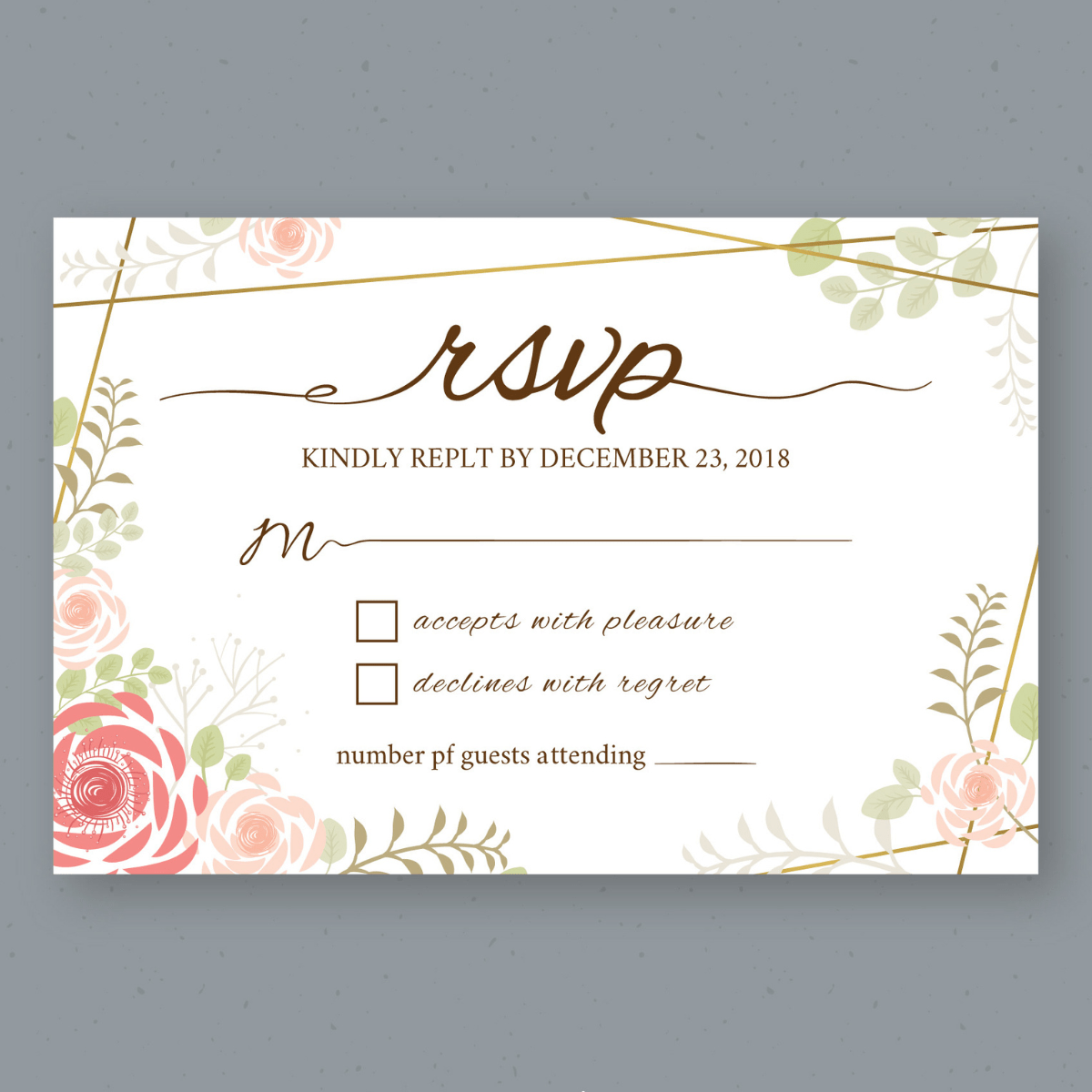Introduction
In today’s fast-paced world of digital communication, the term “RSVP” might seem like a relic from the past. Yet, it remains a crucial part of social etiquette and event planning. In this article, we’ll delve into the meaning and significance of RSVP, exploring its origins, its importance, and how to use it effectively in various situations.
RSVP Demystified
What Does RSVP Stand For?
RSVP stands for “Répondez s’il vous plaît,” which is French for “Please respond.” It’s an invitation’s polite way of requesting a response from the recipient to confirm their attendance or absence at an event.
The Origins of RSVP
The tradition of RSVP can be traced back to the French aristocracy in the 18th century. Nobles used RSVP on their invitations to ensure they knew how many guests to expect. This practice eventually spread to other parts of the world, becoming a standard for invitations.
Why is RSVP Important?
Streamlining Event Planning
When you receive an invitation with an RSVP request, your response helps the host plan the event effectively. Knowing the number of attendees enables them to arrange seating, catering, and other logistics, ensuring a seamless and enjoyable experience for all.
Showing Respect and Consideration
Responding to an RSVP request is not just about logistics; it’s a gesture of respect and consideration for the host. It shows that you appreciate their invitation and are mindful of their preparations.
The Art of Responding
RSVP Etiquette
- Promptness is Key: Respond as soon as you receive the invitation, ideally within a day or two. This allows the host to make timely arrangements.
- Clear and Concise: Your response should be clear and concise. Use phrases like “Accept with pleasure” or “Regretfully decline” to indicate your intentions.
- Include Additional Information: If the invitation requests dietary restrictions or song requests, make sure to provide that information when you RSVP.
- Plus-Ones: If the invitation doesn’t specify whether you can bring a guest, it’s polite to ask the host for permission to do so.
Digital RSVP
In today’s digital age, many invitations come through email or social media platforms. Responding is as easy as hitting the “Accept” or “Decline” button. However, the same principles of promptness and clarity apply.
RSVP in Different Settings
Social Events
For weddings, parties, and gatherings, RSVP is essential for proper planning. Failing to respond can cause inconveniences for the host and disrupt the event.
Business and Professional Events
Even in the corporate world, RSVP plays a vital role. Confirming your attendance at meetings, seminars, or conferences allows organizers to allocate resources effectively.
Conclusion
In conclusion, RSVP is not just a formality; it’s a courteous and practical way of ensuring that events run smoothly and that hosts feel appreciated. Whether you receive an elegant paper invitation or a digital one, responding promptly and clearly is a gesture of respect and consideration.
Now that you understand the significance of RSVP, make it a habit to respond graciously to every invitation you receive.
FAQs
1. What if I’m unsure about attending an event when I receive the invitation?
It’s better to indicate your uncertainty rather than not responding at all. You can say something like, “I’m unsure at the moment but will let you know as soon as possible.”
2. Can I change my RSVP later if my plans change?
Yes, you can. Life can be unpredictable, and it’s perfectly acceptable to update your response if your circumstances change. Just be sure to do it as soon as you can.
3. Is it rude to RSVP with a “maybe”?
While it’s not ideal, sometimes, situations may warrant a “maybe” response. However, try to provide a definite answer as soon as possible to help with event planning.
4. What if I receive an invitation without an RSVP request?
In such cases, it’s still courteous to respond, even if it’s just to express your gratitude for the invitation. It lets the host know you received it and appreciate their gesture.
5. What happens if I don’t RSVP to an event?
Failing to RSVP can lead to confusion for the host and might result in inadequate preparations. It’s always best to respond, even if it’s a polite decline.













Leave a Reply